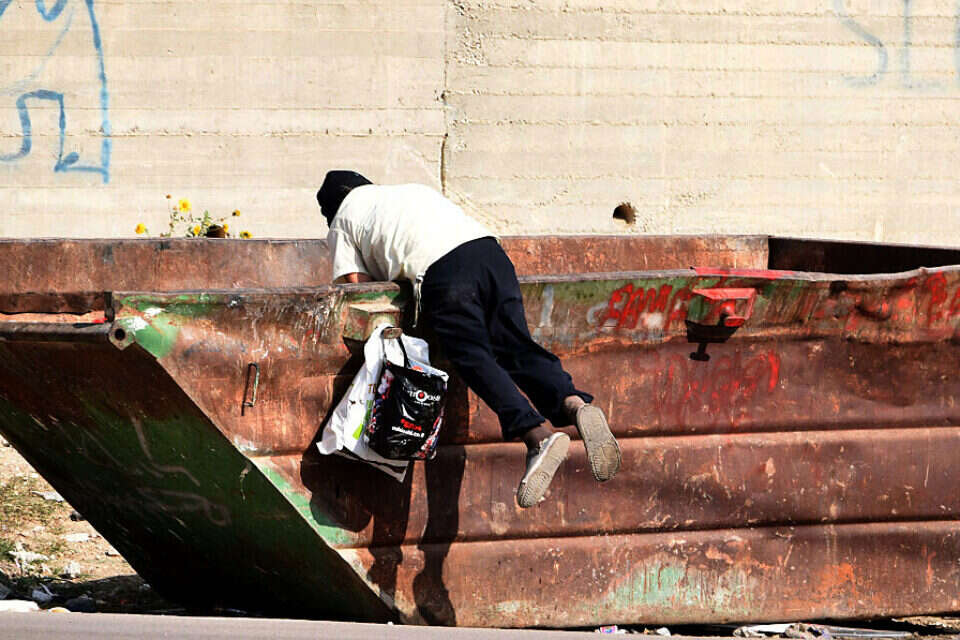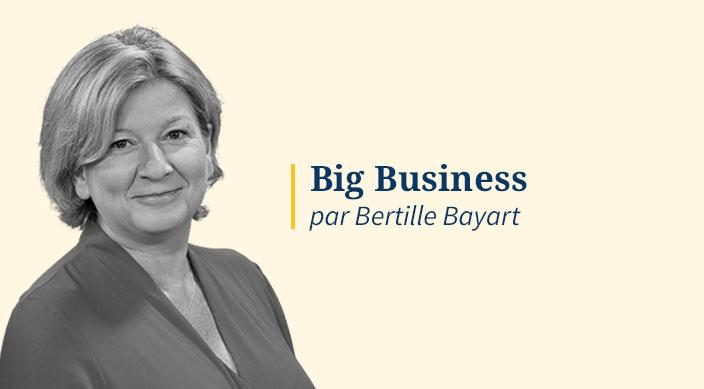There are two ways to fill a barrel: the first is to fill everything with sand, and the second is to fill with large stones and then add smaller stones, sand and water.
The first way is shorter, but the sand leaves no room for anything else.
The second way is the long-short one, and if we use it to build a state budget, it is also the right one: in order to have room for our big issues, challenges and aspirations in life, we need to start there.
However, in Israel, state budgets are usually managed on an "autopilot" and enslave needs for demographic trends and rigid budgetary frameworks.
One of the great challenges of the State of Israel, which is permanently ignored by curators, is the lack of civilian budgeting. The Bank of Israel has been warning for years about a gap of about NIS 110 billion a year in civilian investments between Israel and the OECD average. That is: to be averages in the club of developed countries when it comes to investments in education, health, transportation, environment, welfare and more, we need a dramatic increase in the dedicated investments of the state budget.
How does this relate to our lives? This huge gap leads to huge queues for professional doctors in the periphery; Contributes to the huge traffic jams and public transport weakness; Brings caregivers to beg for a wage above the minimum wage; Brings more than 20% of Israeli citizens to life below the poverty line; Creates a shortage of enforcement and rehabilitation measures against unrestrained criminal organizations; Hungry elderly; People with disabilities who cannot afford medication; Dramatic increase in household debt; Pension shrinkage; Need 150 monthly salaries to buy an apartment. Dealing with these challenges requires visionary leadership that does not run away from the "big stones."
The state budget, which is expected to be approved in the Knesset next month in the second and third readings, chooses the short-long path. Maybe from a lack of choice. He fills the barrel with small stones and other firefighting, giving up tackling the biggest challenges. This is understandable in a budget whose very existence is its greatest achievement, after a negative historical record of two years without an approved budget.
The budget provides only a preliminary answer to some of Israel's real problems.
Partial budgeting for food security, for the first time in the budget base?
Yes.
A comprehensive plan to reduce poverty, following the corona crisis that hit the weak?
No.
Investments in railway electricity and congestion charges?
Yes.
A comprehensive and subsidized plan for a revolution in Israeli public transportation and reducing the use of private vehicles?
No.
Pilots for urban renewal in the periphery?
Yes.
Expanding the fund for urban renewal and investing billions in the really weakened peripheries?
No.
The budget is a political constraint and an achievement in its very existence.
Necessary, but really not satisfying.
In the coming month, the Knesset in general and the Coalition for Change in particular should give expression to the big stones, for a deeper response to the problems prevailing in Israeli society.
Add civilian budgets to dying civilian systems.
Prevent the loose welfare network from disintegrating completely.
Only this can give hope that in the budget that will benefit us, the 2023 budget, we will be able to see real lines.












/cloudfront-eu-central-1.images.arcpublishing.com/prisa/KMEYMJKESBAZBE4MRBAM4TGHIQ.jpg)


